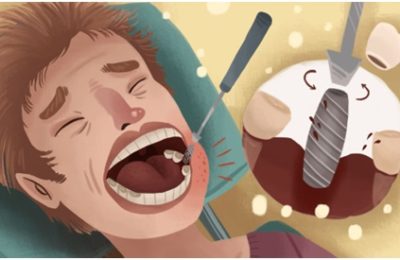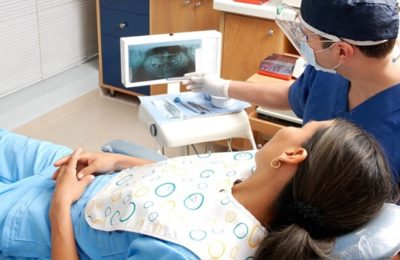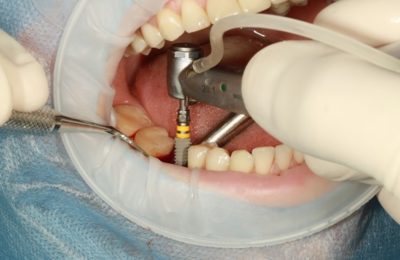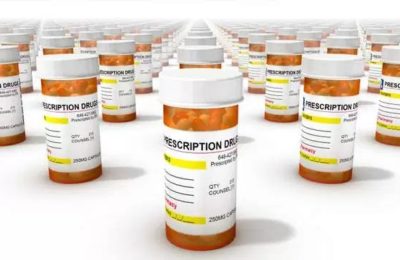On the right side just beside the rib cage you find the liver. It does go on to perform a host of important functions in the form of processing fats, carbohydrates along with proteins. The liver is also responsible for the formation of chemical components which does help the blood to clot. The moment the liver fails you do lose the ability to clot blood along with processing nutrients for the rest of your life. The liver is also responsible for the secretion of a yellow juice known as bile. This would accumulate if the liver does not function in a proper manner. Since liver does appear to be a critical component of the human body do opt for the best liver transplant in India .
As far as the liver transplant procedure is concerned it can be considered to be a surgical procedure where you go on to damage a deceased liver with a healthy one. In most cases you go on to adopt it at the end stage liver disease. People who suffer from end stage liver disease do emerge to be the prime candidates for this surgery. The decision to ascertain whether you are a candidate for this type of surgery has to be taken at a serious level. It is not only the emotional but do consider the physical along with financial aspects of the surgery. In order to opt for a liver surgery you should benefit from this surgery. Secondly your condition should not be worse than before.
The phase of preparation in terms of a liver transplant?
You need to start off with a preliminary evaluation that also goes by the name of phase 1 evaluation. This is the first step as part of the treatment plan to figure out whether you appear to be a candidate for transplant. Each and every patient is examined by a liver specialist, a surgeon along with a herpetologist. This appointment could go on to take a full day and be very tiring. As part of your first appointment the following tips would be of immense help
- Ideally it is suggested that you have some family member or a close relative accompany you so that they are well versed with the process of transplant
- As you need to undergo a series of tests, do not eat or drink anything a day prior to the surgery
- Do carry a snack and if there are any medications you can carry it along as well.
The follow up care that needs to be taken with a liver transplant procedure?
- Once the transplant is over the patient has to pay frequent visits to the surgeon. Over a course of 3 months it could be 1 or 2 times a week
- The medical team along with the surgeon is going to monitor the progress of the patient via blood tests. Once a year gets over the process of care tends to become a lot individualized
- Once the transplant is over you would be given a set of medicines. All these medicines tend to be immune suppression medicines that would keep the body fight off the new organ. At the same time you might be on medications to control blood pressure, insulin etc.
- Every week the patient needs to visit a doctor after a post liver transplant. In due course of time the frequency is reduced.
- Additional round of testing may be called in order to monitor your general health along with the general condition of a patient. This does vary from one patient to another. Liver biopsies, ultrasounds or abdominal scans are generally these types of tests
- There is going to be some degree of diet restrictions. You might be asked to reduce the intake of sodium. At the same time a well-balanced diet with proper consumption of protein is needed. For some strange reasons in case of liver transplant patients obesity does go on to become a major issue. So that such a situation does not happen patients need to reduce their calorie intake pretty early on.
What are the main reasons for rejection?
Sadly things always do not go the way you intend to during the course of a liver transplant surgery. The immune system sees the liver as a foreign object and goes on to reject it. After the surgery the anti-rejection medicines will help you overcome this problem. The utility of these drugs is that they go on to weaken the immune system and force the liver to be accepted. After 6 months of the transplant rejection does appear to be a common occurrence. It can be treated and it proves to be fairly effective if the cause of rejection is caught early on. Some of the symptoms of rejection are body acne fatigue or chills. The moment you figure out such signs it would be better to get in touch with your transplant doctor. A series of tests may be conducted to check out the possible reasons for rejection. Liver biopsy and blood tests are the common types of tests. If the liver shows any possible signs of rejection the dose of medicines to suppress the immune system is increased. But if the rejection is at a significant level the patient may be hospitalized for further round of treatment.
The benefits
- With a liver transplant you are assured of a longer and healthy life. For an individual who is at the end stage liver disease this would be a lifeline
- No doubts to the fact that transplant do appear to be a major operation. But with suitable medicines in the phase of recovery things do tend to get a lot easier
- It is suggested that you perform the transplant before the health of the patient defoliates. This means that they can tolerate the surgery.
- The recipients along with the donors do recover quickly. The former in a week or so while the later for 2 to 3 weeks at the most.













